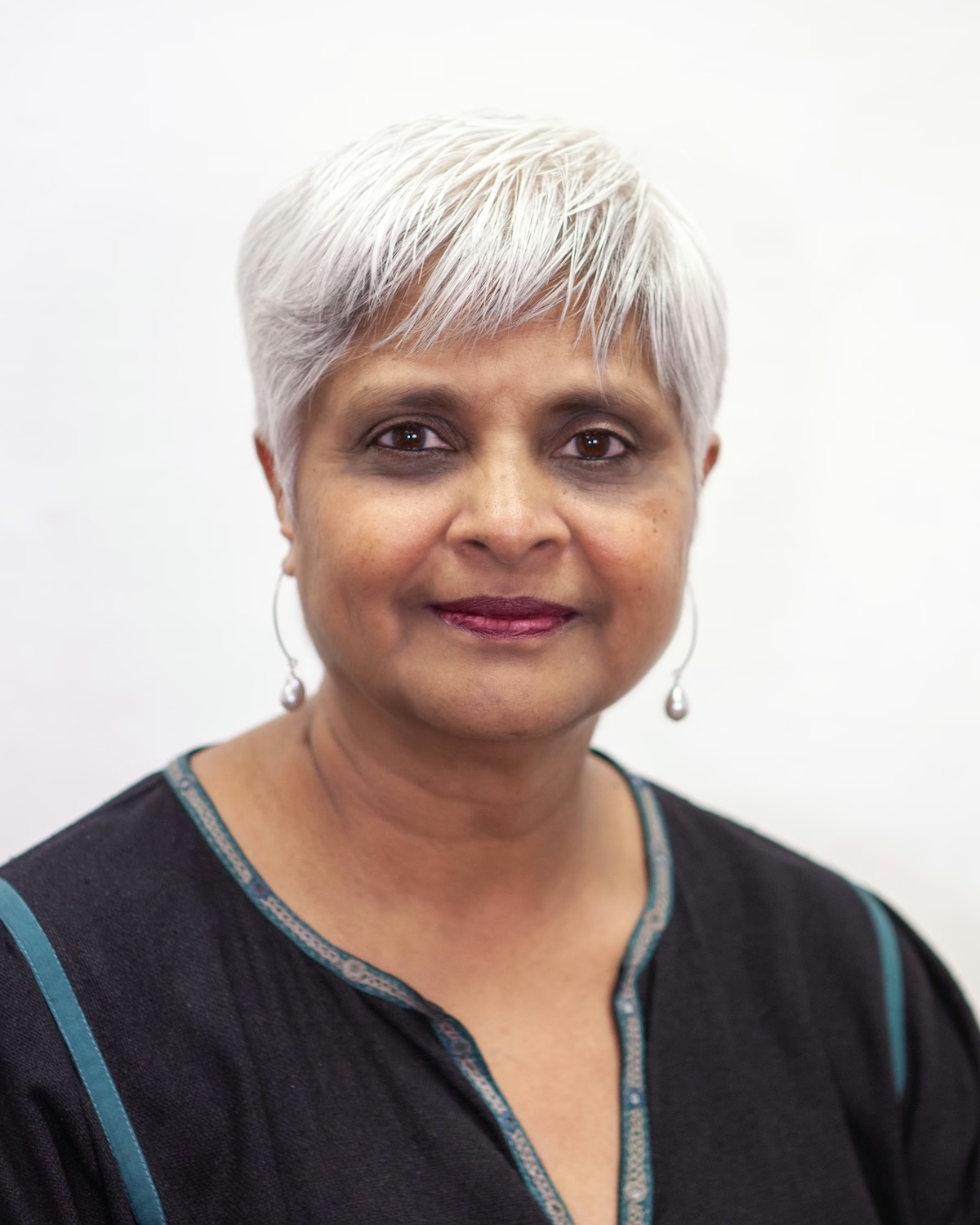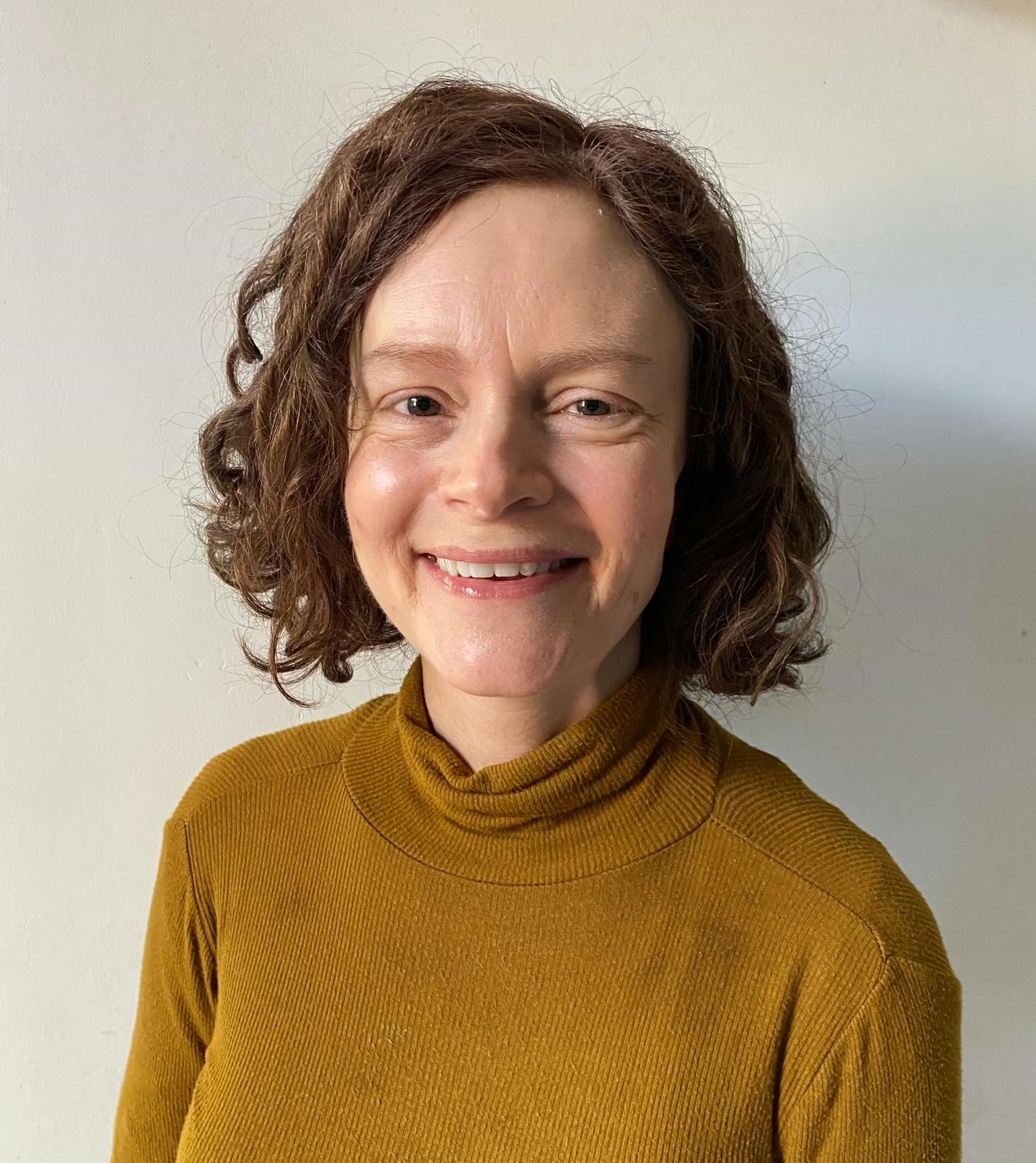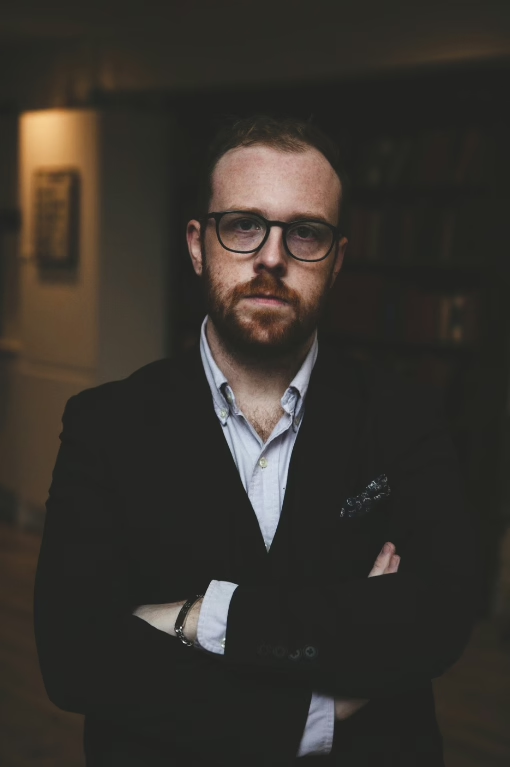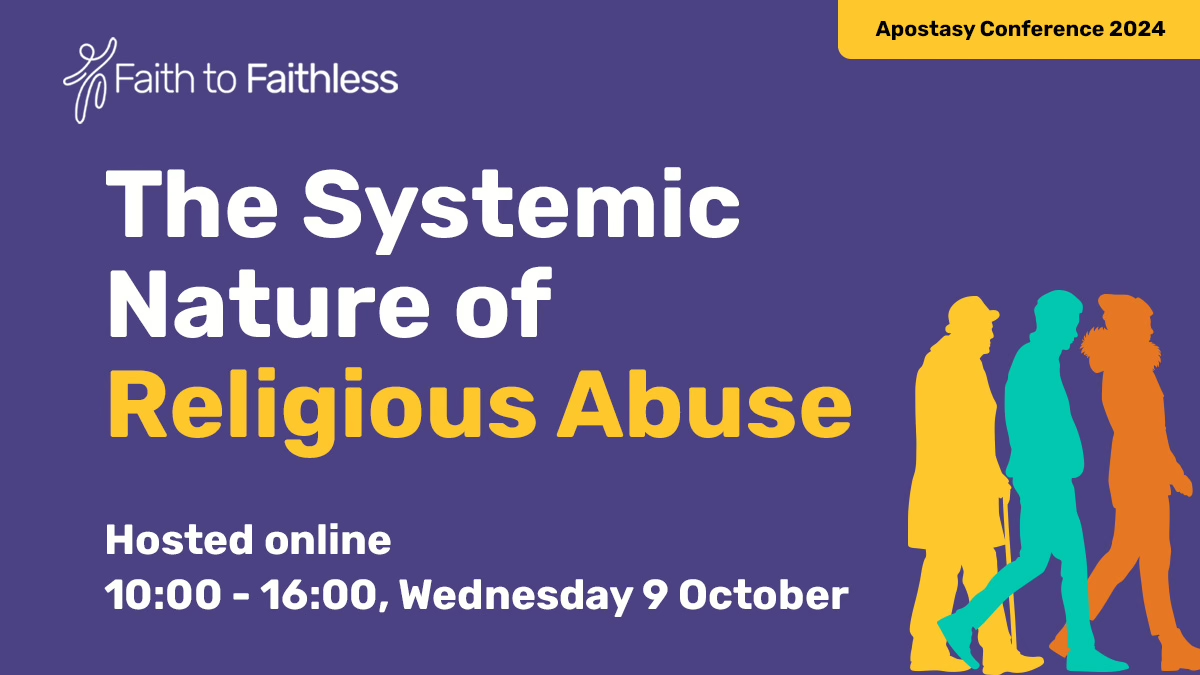Apostasy Conference 2024 – The Systemic Nature of Religious Abuse | Faith to Faithless
An online conference for academics and practitioners who care about the needs of apostates. The theme of the Apostasy Conference 2024 is 'The Systemic Nature of Religious Abuse.'
Register now
The theme for the Apostasy Conference 2024 will be 'The Systemic Nature of Religious Abuse'. Abuse happens in all areas of society, not just within religious contexts. However, the use of religious texts and doctrines, enforced by religious leaders and followers, and the religious patriarchy, means some religious systems create a culture for abuse to happen, they create the abuse itself, they promote the abuse as morally right, and they cover up abuse where they want to avoid blame, shame, or accountability.
The conference will have two halves. The first half will have the theme of how some religions create rape culture and how this impacts apostates. And the second half will talk about how some UK state policies facilitate or obscure religious abuses (all forms of religious abuse, not just sexual) and how this impacts apostates.
Speakers announced to date
Keynote speaker
Pragna Patel, Co-founder and co-director of Project Resist
Religious abuse in South Asian contexts
Dr Kristin Aune, Professor of Sociology of Religion at Coventry University
Christianity and Domestic Abuse
Dr James Murphy, The Open University
Leaving a High-Control Religion: Legacies of Trauma
Alexander Barnes-Ross
From Apostate to Activist: How Scientology gets away with abuse in the UK
Rachael Reign
Abuses within the Universal Church of the Kingdom of God (UCKG)
Zara Kay
Addressing Religious Trauma and Apostasy Laws Impacting ex-Muslims
Yehudis Fletcher
Replicating and Reiterating Harm: how UK state policies enable abuse within high-control religions.
We will be announcing more names very shortly.
Pragna Patel – Religious abuse in South Asian contextsPragna Patel is the co-founder and co-director of Project Resist, an organisation focused on work with marginalised and vulnerable women and girls throughout the UK. She is the former director and founding member of the Southall Black Sisters (SBS) advocacy and campaigning centre where she worked from 1982 to January 2022 with a break in 1993 when she left to train and practice as a solicitor. Over those 40 years, she led SBS in some of its most important cases and campaigns on gender-based abuse, immigration, and religious fundamentalism. She was also a founding member of Women Against Fundamentalism, and she has written extensively on race, gender, and religion. She continues with her work in these areas at Project Resist.
|
 |
Dr Kristin Aune – Christianity and Domestic AbuseDomestic abuse is often hidden in church contexts. Despite a body of North American research, it has rarely been researched in the UK. The research of Dr Kristin Aune along with Dr Rebecca Barnes, offers new empirical findings on the nature and extent of, and attitudes to, domestic abuse among churchgoers. Their research attributes the church’s silence to this abuse to gendered power relations in the wider church. Kristin Aune is Professor of Sociology of Religion at the Centre for Trust, Peace & Social Relations. She joined Coventry University in 2014. She has been a visiting fellow at Grinnell College, Iowa, Uppsala University and Deakin University and is currently Visiting Professor of Religion and Higher Education at Loughborough University. She has undertaken pioneering work on gender, religion and feminism. Her book on single women’s marginalisation in the church led to a PhD on gender in evangelical Christianity, the findings of which were widely published. Fascinated by how women’s changing lives are affecting their faith commitments, she co-edited Women and Religion in the West: Challenging Secularization, which traces the disaffiliation of women from religious institutions, exploring differences between Christianity, Islam and alternative spirituality. |
 |
Alexander Barnes-Ross MCIM – From Apostate to Activist: How Scientology gets away with abuse in the UKSince leaving the Church of Scientology, Alexander Barnes-Ross (aka ‘Apostate Alex’) has made it his mission to raise awareness of its harmful practices and put an end to abuse inside the organisation. In this talk, he will discuss his journey from apostate to activist: how he has held government to account for their role in enabling Scientology’s UK operation; the challenges he has encountered in light of their notorious reputation for harassment and legal threats and why ex-Scientologists need the support of politicians, journalists and change-makers to stop the abuse that has been prevalent in the organisation since it established a UK headquarters 65 years ago. At the age of 19, Alexander Barnes-Ross (aka ‘Apostate Alex’) had signed a one billion year contract, dedicating his life (and all future lives) to working for the Church of Scientology for eternity. After being locked in a room and forced to confess to ‘crimes committed against the Church’ for seeking help in a time of difficulty, he was expelled and declared a ‘Potential Trouble Source’. Now, he is committed to raising awareness of the abuse, fraud and harassment that is prevalent throughout Scientology in the UK. His interviews with former members have received over a million views on Youtube and in November 2023, he organised the UK’s largest Scientology protest since the Anonymous movement 15 years ago. He is now working to expose Scientology’s attempts to affect UK state policies and is actively campaigning to engage politicians and journalists to help in the fight against abuse. |
 |
Yehudis Fletcher – Replicating and Reiterating Harm - how some UK state policies enable abuse within high-control religionsThe relations between the state and high-control communities must be examined to discover the extent to which harm is enabled, reiterated, and replicated by the state. A relatively recent shift towards accommodating and supporting the needs of minority communities can obscure an unintentional collusion between the state and community leaders, if community 'needs' are not separated into two categories - external protections (that is, protections put in place by the state to ensure harm is not perpetrated on religious people by others outside their community) and the protection of internal restrictions (that is, how harmful the community is towards its own members). Yehudis Fletcher is a scholar, author, and activist. She has a BSc. in social policy and is currently undertaking her masters degree at Manchester University in religion and theology. She is a research fellow on the AHRC funded abuse in religious settings research project at the University of Kent. She has written for Haaretz, The Forward, and The Times as well as Jewish papers including the Jewish Chronicle and the Jewish News. She lives and loves within her Charedi community of origin. She has three children. |
 |
Rachael Reign – Accountability is Not PersecutionA talk on the current crisis surrounding the struggle against religious impunity when tackling abuse within places of worship and high-control religions. Rachael Reign is the founder and director of Surviving Universal UK (SUUK). For nearly three years, she has been advocating for fellow survivors of the controversial megachurch, the Universal Church of the Kingdom of God (UCKG). She has been raising awareness about the various forms of abuse suffered in high-control religious groups, and how society and professional agencies alike can safeguard themselves, and others from such harm. Her lived experience with religious abuse, as well as victim/survivor advocacy makes her a dynamic and inspiring figure within the community. |
 |
Zara Kay – Addressing Religious Trauma and Apostasy Laws Impacting ex-MuslimsZara Kay is a Tanzanian-Australian women’s rights activist and ex-Muslim rights advocate based in Sweden, with extensive experience addressing the challenges faced by individuals leaving Islam. Zara founded Faithless Hijabi in 2018, a charitable organisation initially focused on amplifying the voices of women who had left Islam. Over time, Faithless Hijabi broadened its scope to tackle critical issues related to apostasy, religious trauma, and the struggles ex-Muslims face. The charity offers specialised therapy to aid ex-Muslims on their healing journeys. Zara will speak to us about how the lack of state provided support for ex-Muslims leaves many vulnerable to harm, and how we need to recognize the unique dynamics of religious trauma in these cases—where there's a very real threat of being killed or subjected to so-called 'honour' abuse by family members.
|
 |
Dr James Murphy – Leaving a High-Control Religion: Legacies of traumaDr James Murphy is an ex-Evangelical Christian and Humanist, with a doctorate in Psychology. His research explores the relationships between beliefs and experiences, with a focus on the religious, spiritual and ‘nonreligious’. Dr Murphy will talk to us about the many former members of high-control religions who often face numerous difficulties after disaffiliation, with the effects of their former membership often lasting long after they have left. Recent empirical research from his team exploring the experiences of ex-Jehovah’s Witnesses in the UK will be used to show both the challenges they face and how appropriate support can help overcome them. |
 |
Agenda
| 10:00-10:10 | Chair - opening comments |
| 10:10-10:40 | Yehudis Fletcher |
| 10:40-10:50 | Break |
| 10:50-11:00 | Chair - Welcome back |
| 11:00-11:20 | Zara Kay |
| 11:25-11:50 | Alexander Barnes-Ross |
| 11:55-12:15 | Rachael Reign |
| 12:20-12:45 | Q&A & Panel Discussion |
| 12:45-13:15 | Lunch Break |
| 13:15-13:20 | Chair - Welcome back |
| 13:20-14:10 | Dr Kristin Aune |
| 14:15-14:45 | Dr James Murphy |
| 14:45-14:55 | Break |
| 14:55-15:55 | Keynote Speaker: Pragna Patel |
| 15:55-16:05 | Chair - Closing comments |
Apostasy Conference 2024
| Apostasy Conference – One place | £10.00 |
| Faith to Faithless Service User | £0.00 |
| Faith to Faithless Volunteer | £0.00 |

